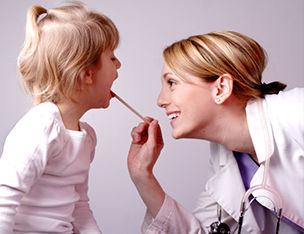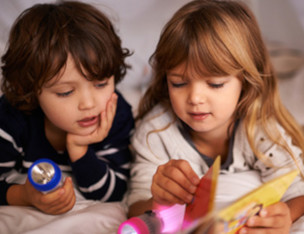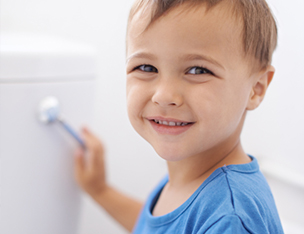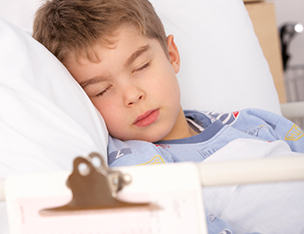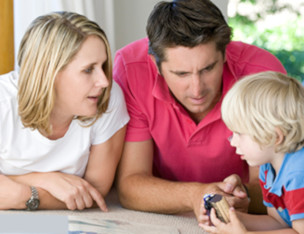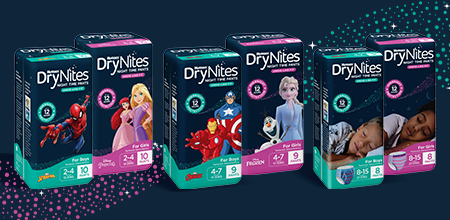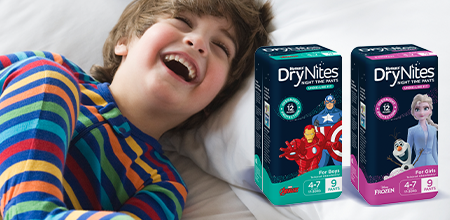If your child doesn’t seem to be growing out of their bedwetting stage yet, you may want to try some common bedwetting treatments to manage things in the meantime. Most are simple and non-invasive and could see you waving goodbye to wet sheets within a few weeks.
Bedwetting is a completely normal thing to be going through and it will pass eventually. However, many parents and children understandably want to hurry the process along a bit.



